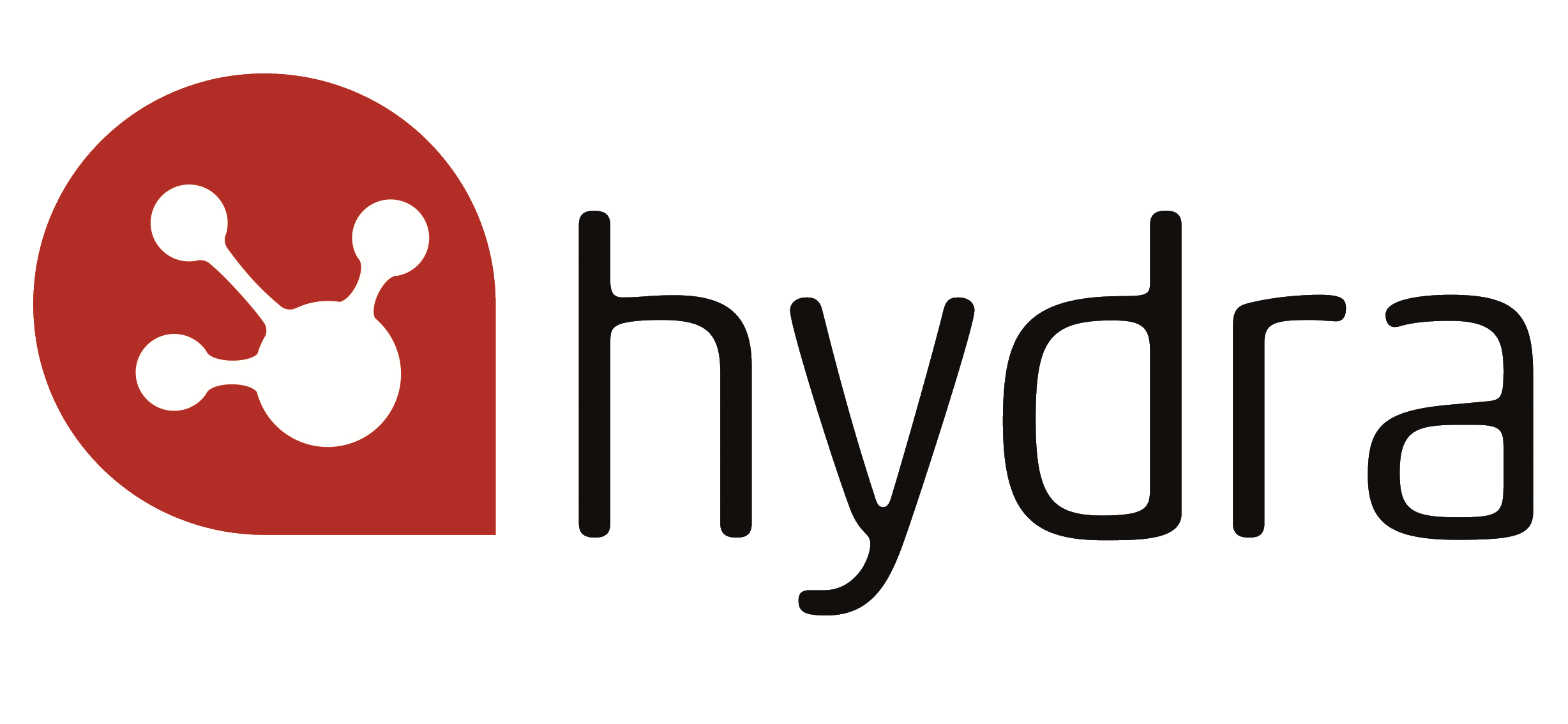Five top tips on how to manage remote project teams effectively
With most of us now working remotely, a project managers usual work-life has taken on a new guise; the shift from face to face meetings to conference and video calling and an increased dependency on trust and accountability are changing the project team’s landscape. Out of sight, out of mind, might be an adage that rings true in some parts of life, but when managing successful projects, you cannot afford to take your eye off the ball, particularly when you’re working with remote project teams.
Managing a project team is challenging in itself, so how will you cope when your team members are located across the country, and sometimes even abroad? Not only do you have all the challenges you’ll usually face, such as managing expectations and scope creep, but now you have a new set of obstacles to overcome.
In our article best practice tips for managing your people and their skills we touch on remote teams. In this article we go further with some help and advice on navigating you way through the changing landscape of remote and virtual teams.
1. Put the ground work in first
Before diving straight into a project, make sure your team fully understands the problem and what it is they are trying to achieve. The whole team should understand the goals and the objectives of the project, even if they are only involved in a small part of it. It is essential to have a preliminary meeting, whether it’s by conference call or if possible, in-person, to establish the timeline, objectives, vision and project expectations. The project can then be broken down, with every team member understanding the part they play.
5 Common Resource Planning Problems and How to Solve Them
2. Trust the people you hire
Whether it’s an outsourced team or company employees working remotely, you need to instill trust in your project team. As a project manager, if you start with a strong, dedicated team you have already won half the battle. You cannot babysit remote team members, so you want to work with individuals who are motivated and proactive in nature, and not those who need constant guidance to fulfil their role.
5 Secrets to Strategic Resource Planning
3. Promote frequent communication
Project managers working with remote teams cannot simply stroll over to a desk or office to discuss the status of a task, but it’s still down to the project manager to promote fluid communication
Whether it’s instant messaging, conference calls or the trusty old phone, there are more than enough ways for project managers to keep in touch with their team. Just a little time and energy can provide the necessary feedback to make changes and improvements, increase team motivation and communicate updates.4. Hold team members accountable
Some remote team members may feel they can get away without working as hard as they would in the office, so it is your job to hold them accountable for their work. This is one of the greatest challenges for a project manager. Establishing roles and responsibilities within the team, as well as deadlines for particular tasks to be completed, is one way to ensure everyone understands how their work impacts other members of the team. It is also useful to assign a team leader who can communicate deadlines and help keep your team in check.
4 Key Strategies to Build Collaboration in Project Teams
5. Maintain project visibility
It is much easier for work to become dis-organised when working with remote teams. While your team’s physical location may vary, the project still needs to be visible to all, throughout the project economy. To ensure project visibility use project management software to create a central and fully accessible location for your project that is visible to the entire team and that everyone can access. Shared spaces along with social updates improve visibility, communication and drive collaboration, and documents and information can be shared online across multiple teams and locations.
One last thing...
If you enjoyed this article and would like to be kept up to date, Hydra publish a quarterly Digital Watercooler of news and blogs about the changing landscape of project management and service delivery, and we'd love to share it with you.

